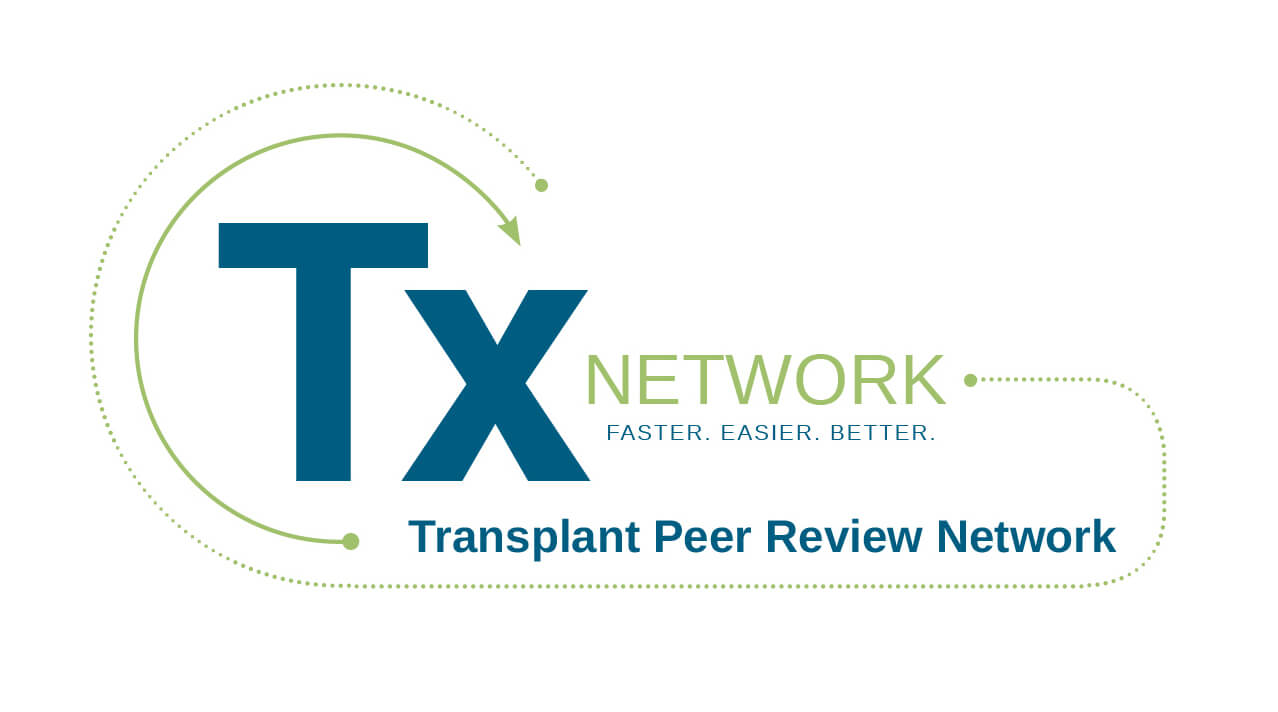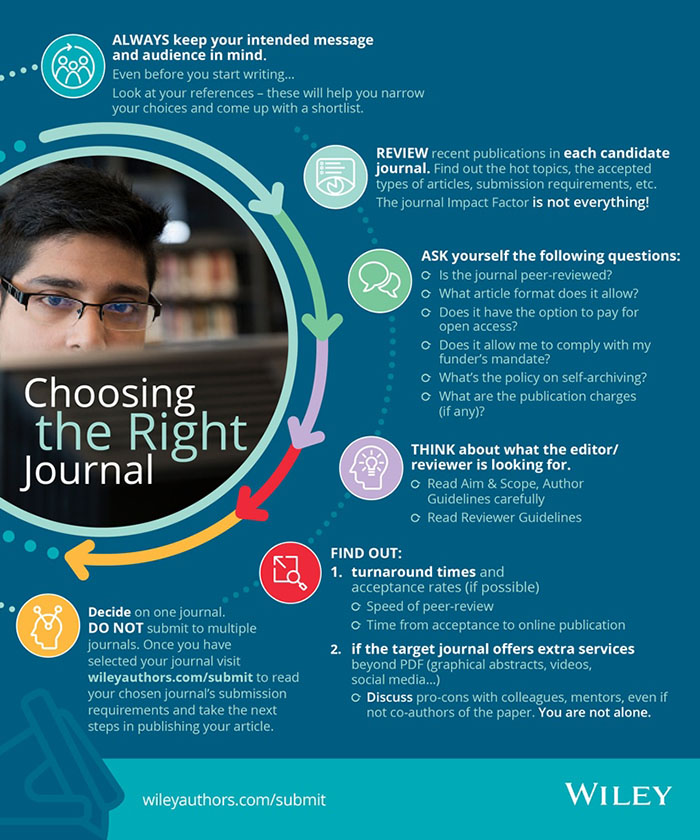how-should-journals-adapt-to-the-needs-of-the-next-generation-of-researchers
March 22, 2018
How do we ensure that the opinions and needs of the next generation of scientists and scholars, often called early career researchers (ECRs), are being met by our journals? ECRs are crucial to the future of research (and the publication of that research!), yet editorial boards are often dominated by the older scientific generation. To help with this, a project team at Wiley is planning a Researcher Roundtable in May to canvas the opinions of ECRs, with the intention of feeding recommendations back to our editors and editorial boards.
To perfect the process of surfacing opinions from ECRs, in February we held a practice run for our May Roundtable, with Wiley staff members who have past (or current!) experience as early career researchers. Our subject backgrounds covered topics such as ecology and evolution, microbiology, earth sciences, sociology, and classics, so we had reasonably good coverage across both STEM and Social Sciences and Humanities disciplines..
On the agenda were topics for discussion such as ‘Finding Your Research Idea’, ‘Doing Your Research’, and ‘Sharing Your New Knowledge’. Participants were asked to identify ‘pains and gains’ for each of these stages, using everyone’s favorite brainstorming method: sticking post-it notes everywhere! The responses varied from those that a publisher/editor may be able to directly help with such as finding/accessing/sharing data, and how to publicize your work and write a press release, to those bigger, thornier problems of academia that are hard for anyone to solve such as negative supervisor relationships and experiments not working!
Other pains and gains that were identified by multiple people included:
- How do you find an idea and know that it is original?
- How do you get funding when you know there are limitations?
- Working to deadlines and the admin associated with research
- Fears of being scooped
- Fear of public speaking
- The publishing process –in particular reformatting and the (slow!) speed of peer review
- Comments about diversity (both as pains and gains!)
- Opportunities to live/work abroad
- Feelings of accomplishment and ‘Eureka moments’
- Being part of a close-knit academic community and networking opportunities
As a group we did find ourselves identifying a lot more pains than gains, which may be the result of canvassing a group of people who have (mostly) chosen to leave the research environment for one reason or another. Maybe the pains had a stronger impact! It will be interesting to see whether the roundtable in May with current ECRs will yield a more optimistic view of the life of an academic, or whether the pains they describe are similar to our own.
Due to the time constraints of the trial run, we didn’t take the next step of pulling out the key messages to communicate to our editors and editorial boards, but this will be done following the May meeting. Hopefully we will be able to make a great list of recommendations to help make our journals as supportive of the next generation of researchers as possible!
Are you an early career researcher? What are some of your own pains and gains? Feel free to share in the comments below.
Our Roundtable participants included Guillaume Collett, Lizzie Brophy; Gemma Cassidy; Sheridan Willis; Gareth Jenkins; Lukasz Grzeskoviak; Chris Foote; Katherine Allen; Chris Graf; Anna O’Brien; Kate McKellar; Emma Williams; Natalie Gartzen.
Image Credit: Anna O’Brien










